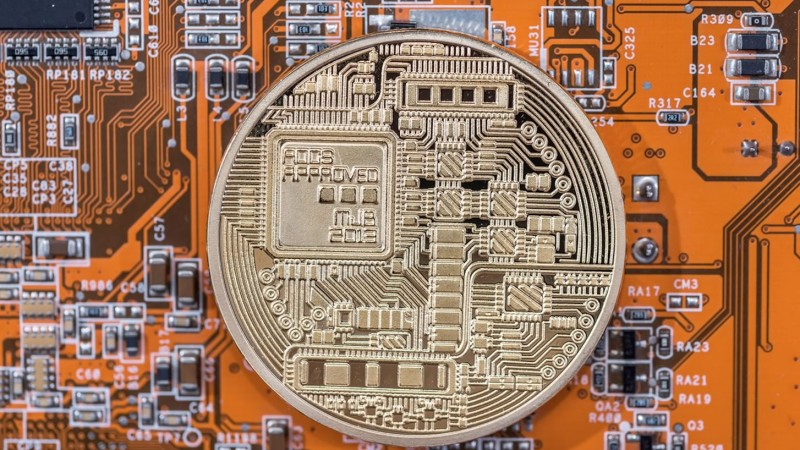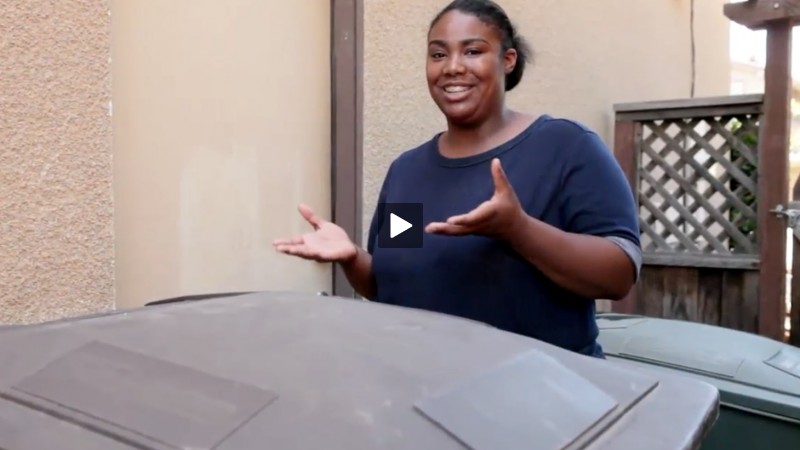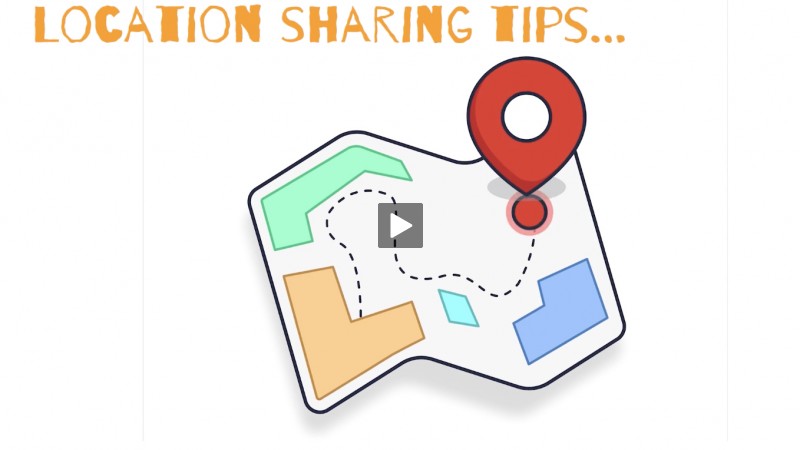Bitcoins and Blockchain: What Consumers Should Know About It
- Details
- Written by Will from Holland
- Category: Articles

Bitcoins. Blockchain. Ever heard of those names?? It's quite far from most people's minds, and to be honest I had to ask our FoolProof techies about it! They acknowledged not knowing too much about it either.
Well, let's start at the beginning... What is a bitcoin, and what is blockchain?
So, why should you know about bitcoins and blockchain?
Well, let's start at the beginning… What is a bitcoin, and what is blockchain?
Simply put—a bitcoin is a digital currency. Money that is used to pay for things, and mainly used online (though a bitcoin can be stored offline too). Bitcoin payments are made through the blockchain network.
Blockchain is software that is a lot like a ledger. Each "block" represents a piece of data such as transaction records, credentials, and/or other financial information. Each block is recorded chronologically making an unchangeable and transparent "chain."
One article* I read while researching this topic, described it simply: Blockchain sort of works like Google Docs, for instance, or (even) Wikipedia if you will, where multiple people can share or edit content at the same time, together. But blockchain is a tad more complex, therefore the more thorough description above...
However, using blockchain is similar to using the internet, or even driving a car. You don't need to have knowledge of the workings behind it, to be able to use it. (For example, you can drive a car but you don't know exactly how the engine works).
The Advantages
Let's talk about the advantages of using bitcoins.
Bitcoins are a very transparent way to send money.
- Anyone can look at the money streams (read: blockchain streams), and they cannot be altered by others.
Money can be transferred from one person to another instantly.
- No waiting days for checks to arrive.
- No waiting for banks to clear holds they sometimes put on your money after a deposit.
- You get your money, instantly.
There's no need for a third party (bank) to send money from one person to another.
- Bitcoins can be sent to people without a bank's involvement.
- Your bitcoins are stored in your digital wallet, rather than a bank account.
- And since bitcoins are all digital, it is a borderless currency. You don't pay conversion fees to send money abroad, nor to receive it.
The Downsides
There are some major downsides, too!
One of the biggest downsides of bitcoins is that there are different ways that you can lose your money. Of course there is no misplacing or losing bills, or getting your wallet stolen in the street. However,
- You can get hacked! If somebody figures out your cloud password, it is possible they could hack your online bank or your local computer (through malware, for instance), and then your bitcoins are gone. Just in 2018 alone, hackers stole close to one billion dollars in crypto currency with hacks on trading platforms.
- Even if you keep a local copy on an external hard drive or USB stick only—offline and away from hackers—you can lose your money. Hard drives crash all the time, USB sticks are misplaced or accidentally wiped clean—and if the drive with your bitcoins on it disappears, you lose your "cash."
Other downsides...
Bitcoins are not a tangible currency. Bitcoins exist as encrypted data stored in your digital wallet, rather than a piggy bank. Your wallet is stored in the "cloud" somewhere, at a "bitcoin bank", or even locally on your computer or a USB stick. You can't take some bitcoins from a money machine, for instance. It is purely a digital currency.
It is not a widely accepted currency. You can't take bitcoins into most shops and expect to pay for things. Even most online shops do not accept payment in bitcoin (yet).
Bitcoins are untraceable. Many hackers and criminals use bitcoins to pay for things. This makes for a shady reputation, to say the least.
You need dollars to buy bitcoins. As weird as it may sound (or not), you need tangible currency to buy bitcoins. It's easy to open a bitcoin account, but then you have to purchase bitcoins in your own currency. So, where does your money go? And how do you trust this "online" and "intangible" currency when there's no official government agency or national bank backing up the value of the money?
Well, there's the discussion point. You will have to trust "the community" for backing up your money's value.
Should You Use Bitcoins?
Tough question... Bitcoins are definitely not suitable for everyone!
If you have trouble managing your money or credit cards now, you should stay away from bitcoins. If you tend to be gullible and fall for scams easily, you should probably stay away from them too.
The value of bitcoins is a big draw for many consumers as its price has been on the rise tremendously in recent years. But (be warned), that it goes with big fluctuations. For instance, when you look at the last 2 years, 1 bitcoin was worth around $800 on January 1, 2017, and around $10,000 on December 1. Then the value dropped, with gigantic fluctuations (sometimes with $300 difference within the hour), towards $6000 towards the end of the year.
This basically means your investment can increase nicely over time, and some experts say it is a great investment. Other experts say Bitcoin is a fraud and the next big bubble waiting to crash. Who says it won't be worthless in a week?!
It is that uncertainty, which will make me wait until it becomes more "widely accepted" to use a digital currency, like bitcoins.
Good luck out there!
Will
* Source: blockgeeks.com


































